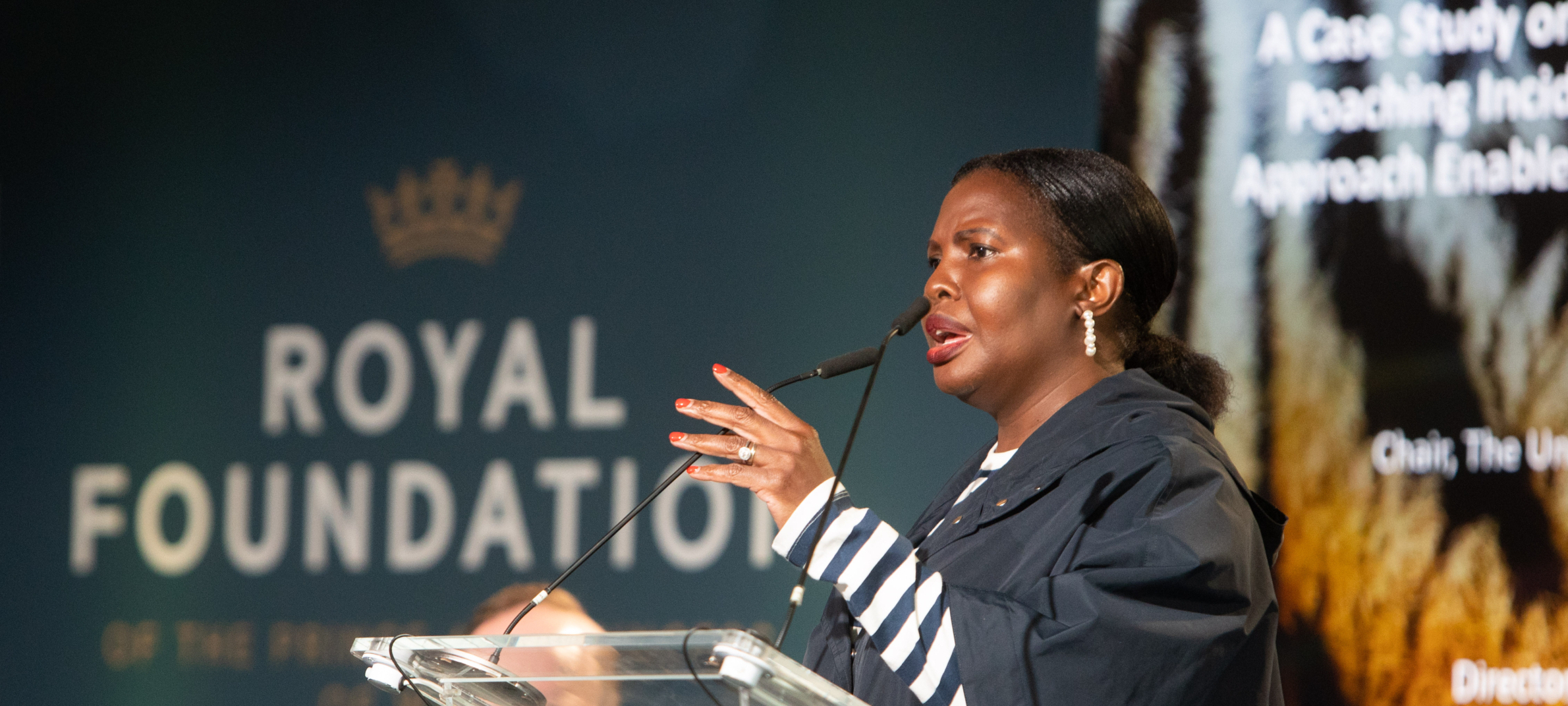

Fifty million passengers pass through Miami International Airport each year, some with a dark secret. Concealed in the confines of their hair curlers, medicine bottles, and baby formula are thousands of illegally smuggled live birds, reptiles and amphibians.
Although the concept of wildlife trafficking may feel like a faraway problem, it is closer than many think. The U.S., Canada, and Mexico are crucial destination, transit and source hubs for wildlife trafficking. The leading cause is the demand for exotic pets in North America, making it the primary destination for wildlife trafficked from Latin America.
Wildlife trafficking is the fourth most profitable criminal enterprise globally. Estimated to be worth $20 billion a year, it threatens biodiversity, fuels corruption, and endangers local communities and public health.
As a federal prosecutor, I investigated and brought to justice international drug and human trafficking syndicates. This has led me to ask why, when it comes to illegal wildlife trafficking, we rarely do what we do with other serious crimes: follow the money to apprehend the criminal networks behind the smugglers.
There is a general lack of understanding of the pervasiveness and scale of the illegal wildlife trade and its devastating impacts. This needs to change.
United for Wildlife, a programme created by Prince William, seeks to do just that by bringing together governments, the private sector, academics, and conservation organisations around the world. We have increased awareness and understanding of the crime, changing perceptions and showing how it is controlled by transnational organised crime syndicates.
These syndicates are commodity agnostic, meaning they also traffic in other contraband, including arms, narcotics and humans. The convergence between these illicit trades means that critical transport hubs, such as Miami, are hotspots for wildlife trafficking.
In December 2023, around 160 exotic animals were found in the luggage of just one passenger travelling from Miami to Peru, including at least 15 internationally protected species. Seizures like these are testament to the hard work of those working on the frontline to disrupt wildlife trafficking, but the networks behind these crimes extend far beyond any one smuggler or even hub.
Mexican drug cartels are increasingly involved in the harvest, transport, and sale of wildlife, including protected and endangered species. Almost 20% of illegal wildlife shipments intercepted at U.S. ports between 2005 and 2014 were exported from Mexico. Control of both the licit and illicit supply chain provides criminals with massive opportunities for revenue generation and money laundering.
The close ties between the legal and illegal trade in exotic pets are fuelling the trafficking of live birds and reptiles from Latin America into North America, threatening biodiversity in source countries and increasing risks of zoonotic disease transfer and invasive species in demand locations.
When it comes to disrupting this trade, most seizures happen in the air transport sector at hub airports in both biodiverse regions and demand markets. Our United for Wildlife Transport Taskforce members support enforcement efforts by countries, such as the US, where the Departments of Justice and Treasury have focused on this crime.
The U.S. is a founding signatory to the Illegal Wildlife Trade Statement of Principles – a world-first multinational proclamation signed by the financial intelligence units of seven countries at the United for Wildlife Global Summit last year.
Leading law enforcement agencies in the U.S., including the DEA, the FBI, U.S. Fish and Wildlife Service and Homeland Security, work closely with international partners to apprehend wildlife traffickers. Regional collaboration between North America and Latin America has proven particularly successful.
In 2022, the Fish and Wildlife Service and the Colombian Police jointly delivered Operation Leopard, dismantling two alleged criminal structures dedicated to wildlife trafficking. The operation enabled the rescue of over 1,000 specimens of wild and exotic fauna, valued at more than one million dollars.
Only through cross-border and sector collaboration can we dismantle the vast criminal networks behind this heinous crime and prevent them from driving our most precious species to extinction and endangering our planet and our citizens.
– David Fein, Co-Chair of United for Wildlife
Disclaimer: This article was originally published in the Miami Herald.





